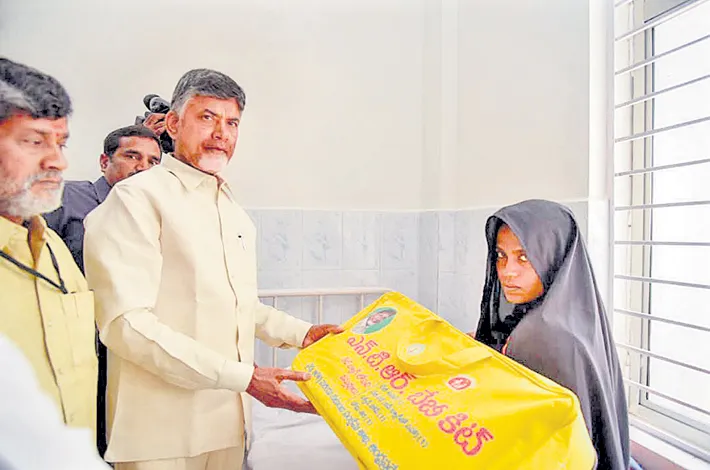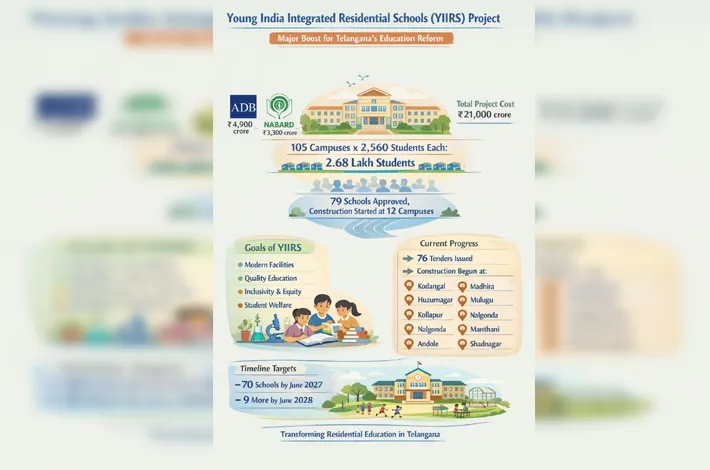Baby Kit scheme makes a come back!
07-05-2025 12:00:00 AM

■ The scheme aims to support new-born health and hygiene by distributing essential baby care items worth Rs.1,410
■ The baby kits will be distributed directly to mothers delivering in government hospitals
kiranmai tutika | AMARAVATI
In a move that has rekindled hopes for thousands of new mothers across Andhra Pradesh, the state government has decided to revive the highly popular Baby Kit Scheme, which had been discontinued by the previous administration. The scheme, which was implemented between 2014 and 2019, will now make a comeback under the leadership of Chief Minister N. Chandrababu Naidu.
The scheme aims to support new-born health and hygiene by distributing essential baby care items worth Rs.1,410. Each baby kit will include 11 carefully selected items such as a mosquito net bed, waterproof cot sheet, baby dress, washable nappies, towel, baby powder, shampoo, oil, soap, a soapbox, and a baby rattle toy.
Importantly, the Chief Minister has given the green signal for the scheme to be entirely funded through the state budget, reflecting the government’s commitment to strengthening public health infrastructure and maternal welfare. The baby kits will be distributed directly to mothers delivering in government hospitals—where more than half of all deliveries in the state take place.
“Restoring this scheme is not just about providing items; it’s about restoring dignity and care to every new-born and new mother in our state. It was a much-loved initiative that mothers truly appreciated during its earlier run,” said Minister Health Satyakumar Yadav.
The revival of the baby kit scheme is being seen as part of a broader effort by the new administration to bring back people-centric welfare programs that were either stalled or cancelled over the past five years. Health Minister's department officials said procurement and logistics plans are already underway to ensure timely distribution of kits across all government hospitals. For new mothers in rural and urban areas alike, the return of the baby kit program marks a small but significant reassurance—that the state is paying attention to their most basic, yet most critical, needs.








